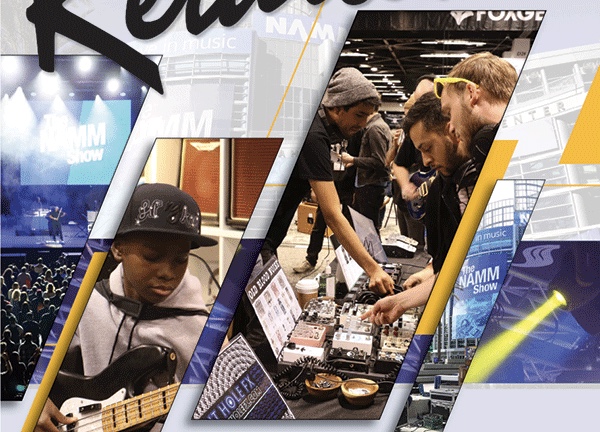2020 is nearly here, and after the holidays will, of course, come the “granddaddy of them all”: The NAMM Show in Anaheim, Calif., taking place from Jan. 16 to 19 at the Anaheim Convention Center. Despite putting on one of the premier trade shows on the planet, NAMM is always trying to improve the show, just like MI retailers constantly need to think of new ways to improve their stores. Next month’s new addition to The NAMM Show is the Retail Financial Summit, which will provide the critical financial training all music retailers need to thrive in today’s competitive marketplace, while looking at new trends and developments that are certain to impact your business. Presented by industry financial experts Alan Friedman and Daniel Jobe of Friedman, Kannenberg & Co., the pair will address new financial trends and regulatory updates and highlight recent changes in sales tax and labor laws that are impacting you and your business. Plus, they’ll address specific audience questions, intended to allow MI retailers to walk away with a clear picture of how to take control of their store’s financial health. This program will take place on Wednesday, Jan. 15 from 9 a.m. to 4 p.m.
According to Joe Lamond, president and CEO at NAMM, there are three reasons MI retailers attend The NAMM Show: new products, education and networking/seeing friends/events. “Education can change your life,” he told the Music & Sound Retailer regarding The NAMM Show’s educational offerings. “It is broken down into so many segments. Think about it as a large university campus. You have individual tracks within this whole university campus — NAMM University, breakfast sessions and the all-day sessions before the show might be [considered] the school of business.”
Specifically regarding why NAMM added the financial summit, Lamond said MI retailers often want to take more control of their finances. “Maybe [MI retailers] didn’t get an accounting degree before they opened their businesses,” Lamond stated. “Alan Friedman and Daniel Jobe have seen so much in this industry. They will show in this session exactly how to set up your business. It’s a whole-semester course in one day. And it’s all free. [The only thing to consider is] can you set the time aside and be there? If you can, I think it will definitely change the trajectory of your store.”
Lamond channeled what MI retailers interested in the financial summit may be thinking: “I need to absolutely understand where my money is going and where I am making my profits so I can manage my business better.” He stressed that, while retailers will have a lot to learn from the seven-hour event, they are not the only ones who stand to benefit from attending. “Everyone that has run a business has an interest in improving their skills in finance,” noted Lamond. “The event is designed for dealers, but I can see other elements of the industry being interested as well.”
The Retail Innovation Summit, which took place the day before the 2019 NAMM Show commenced, will also return. At this event, best-selling author and sales and marketing expert Marcus Sheridan, previous host of two NAMM U Breakfast Sessions, will walk attendees through the changing behavior of consumers and strategies to deliver what consumers are looking for. At this summit, attendees will discover how the shift in buying will influence sales and marketing in the retail music business going forward and what types of content and messaging do and don’t move the revenue needle. He’ll also reveal how to integrate video effectively into your sales and marketing efforts, and how you can set up an in-house media company at your own business to increase traffic, both online and in-store.
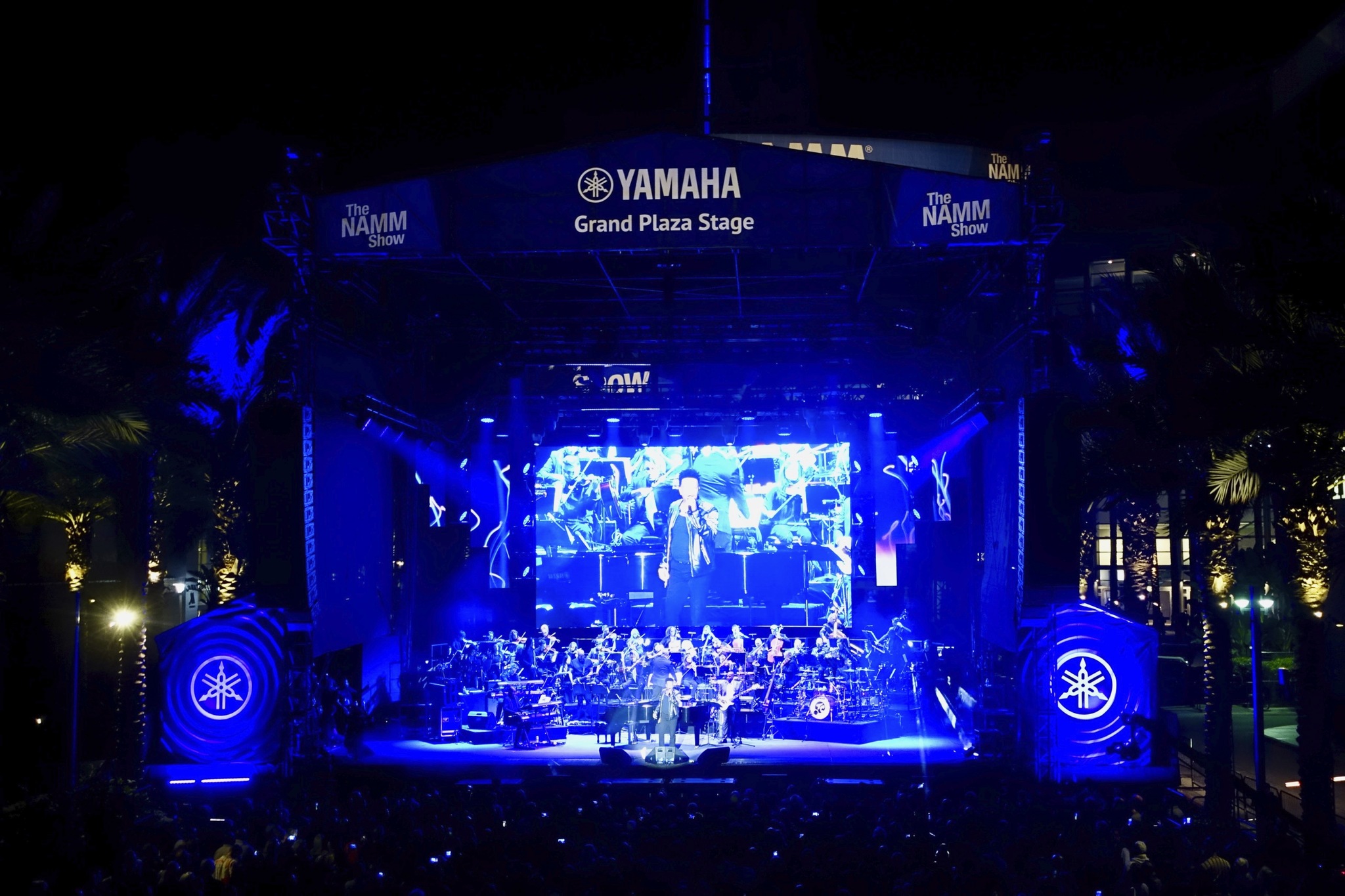
Much like The 2019 NAMM Show, plenty of music is on tap for the 2020 show.
Just before The NAMM Show officially opens on Jan. 16 at 8:30 a.m., the “Breakfast of Champions,” long a favorite of NAMM attendees, will return. Lamond will again moderate the event. “Crossroads” will be a major theme of this session. “I think the industry is at a crossroads,” Lamond said. “I think NAMM is at a crossroads. Most importantly, we want to be the crossroads. We want to be the place, throughout 128 countries, so that everyone involved in music and sound technology will be at NAMM the third week in January.”
According to Lamond, NAMM wanted the current state of retail to be reflected in The NAMM Show’s programming. “We thought about the industry’s position right now,” he said. “In all retail, not just MI, a good dealer is someone who has customers who continue to love them. They love the inventory, staff, training and everything else about them. They are loyal shoppers of that store. Then, there are people who shop at a retailer because they have no other choice based on product availability or geography. The internet has changed that equation. Those who used to be shopping at a store because they had no choice have plenty of options now. So, in many cases, these customers have left those stores and gone other places. The sales still happen. They just went somewhere else. That left stores with fewer customers, and they have to think about how they will gain customers, keep customers they have and then find ways to replace revenue they lost when customers went elsewhere.”
Hence, during the crossroads-themed breakfast session, Lamond will discuss MI retailers who are doing more in their local community and adding more services in addition to taking care of the product needs of their customers. “I will have guests that succeeded in this area,” said Lamond. “I thought about the local music dealer. There is so much opportunity. Dealers are often experts not only in music, but in sound, lighting and event technology. I think about places where two or more are gathered. In these locations, a PA, lights, audio/visual support and increasingly, video, are needed. Why not have the music dealer in that community be the one-stop source for all of those needs? The breakfast session will be a 360-degree of music, sound, video and lighting; anything related to [producing] an event.”
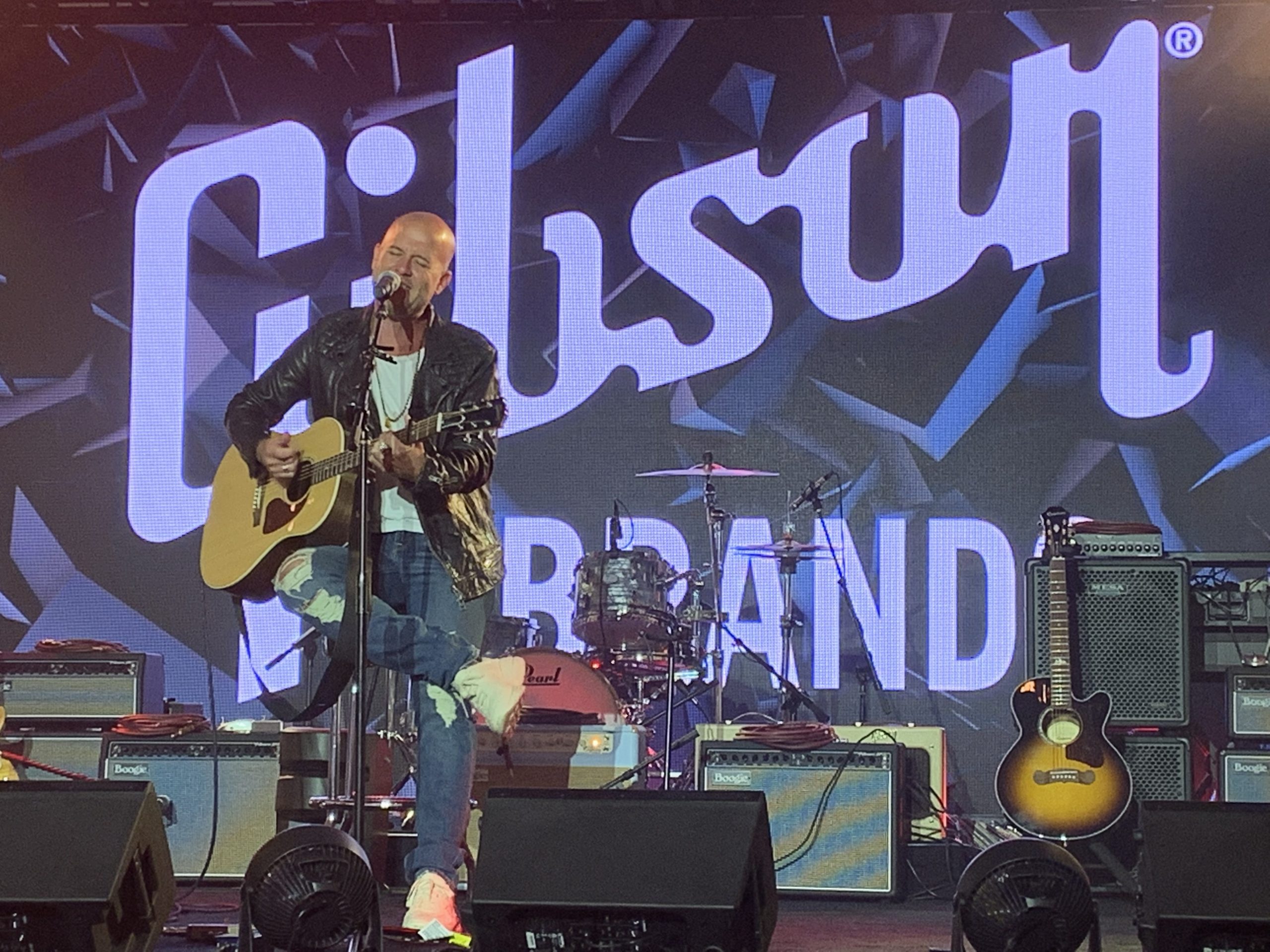
On Friday, Jan. 17, digital marketing pioneer Ann Handley will address the fast-paced and always-on nature of modern marketing and answer the question, “Is ‘fast’ really the best path to drive marketing transformation at your business?” as she presents “Transformative Marketing.” She’ll reveal why the companies seeing the most success in marketing and social media are those that slow down, do less and obsess over key areas.
And on Saturday, Jan. 18, global customer-experience expert and musician Scott McKain will share the five key characteristics of successful organizations in “How to Build an Iconic Business.” McKain will offer specific, practical steps for delivering the ultimate customer experience, creating distinction in the marketplace and taking your business to the next level.
Why did NAMM choose these topics and speakers for next month’s breakfast sessions? “We look at all of the data points, including [this] magazine, to determine what is on the minds of all the dealers,” responded Lamond. “What are the top things they are concerned about or looking for more direction on? We have an idea to fill in the slots with a topic. Only then do we think about who we will have to present that topic. The presenter always comes after the selection of the topic. Zach Phillips [NAMM’s director of professional development] does a great job of looking at this whole world of presenters and seeing who is being talked about, is influential, or has a book out, and can offer some new things to the conversation. And then, we go out and ask them. More often than not, people want to go to The NAMM Show. A lot of speakers are musicians themselves and want to come to the show. A lot of them have heard about it, want to be there and are honored to be at our show speaking to our members. There is a great respect these speakers have for the music industry.”
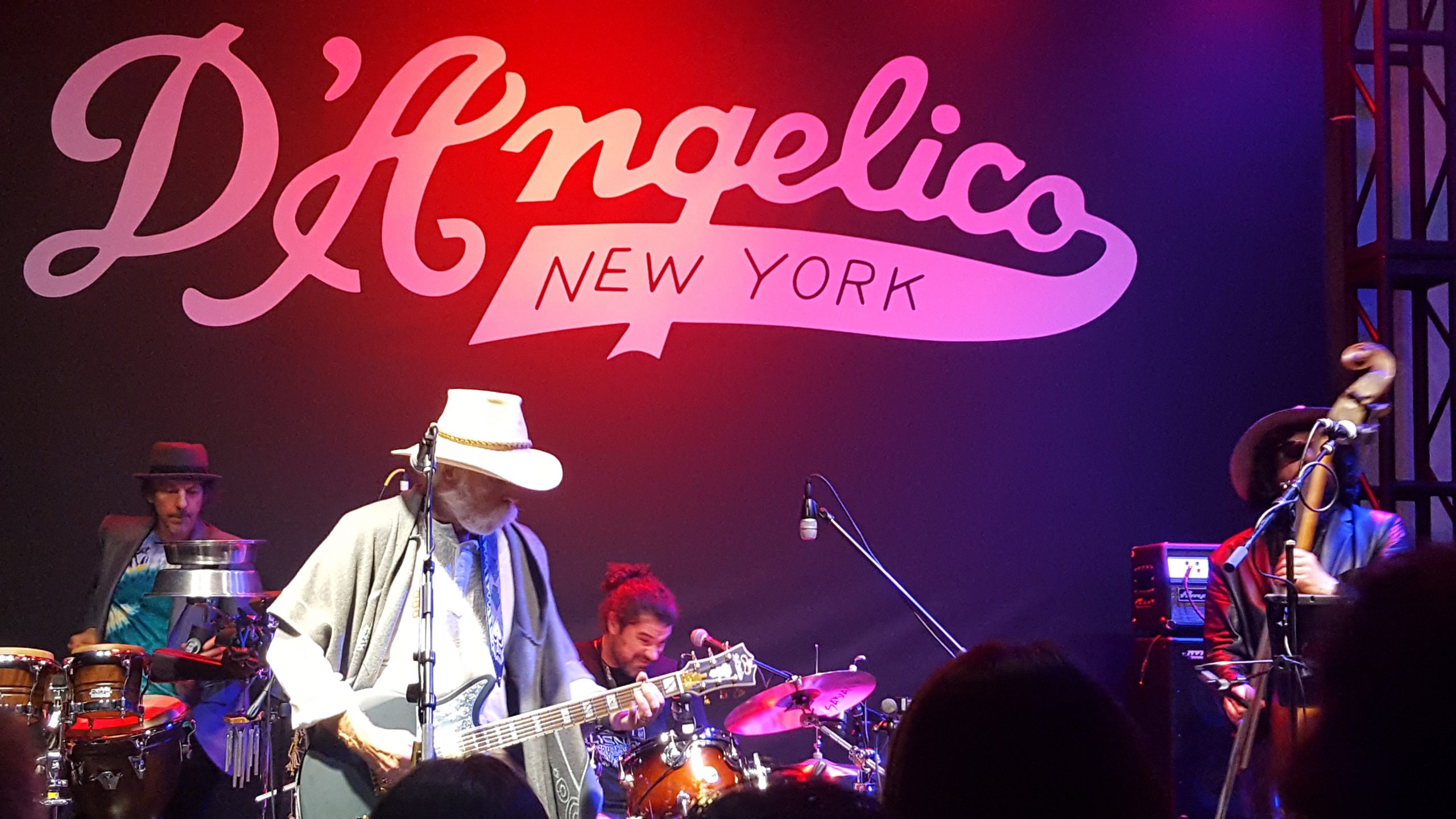
Finding the End Zone
Beyond education, Lamond said The NAMM Show is a must-attend event because it is the only place to “see the whole system as it is operating. The ecosystem is in full operation in front of you at The NAMM Show. That is one of the most important reasons to go.” He added, “For dealers, I think it is important to think about what their ‘end zone’ is. What do they want to come home with after their trip to California as far as new information, new skills, new product lines and strengthening relationships? I think it helps to write out exactly what the end zone is before going and then think, Who do I need to bring to accomplish that? How do I schedule meetings with vendors, education sessions I want to attend and events I want to attend? I just wouldn’t drop yourself into The NAMM Show, look around and say, ‘I don’t even know which direction to go in.’ There is too much at NAMM. It is like Dorothy landing in Oz and not knowing which direction to go in.”
Although some may not think about it, Lamond stressed that showgoers should be proud of what they are doing to support the overall cause of “more to start playing, fewer to quit.” According to Lamond,
“Being part of the show fuels NAMM’s activities. Research that is funded by NAMM and lobbying that is funded by NAMM is all possible because people have supported The NAMM Show. Everyone who goes should feel a source of pride that they have been a participant in furthering the cause of more playing music and fewer to quit.”
Of course, concerts and other events will be omnipresent throughout NAMM. There are too many to note in this story, so check the Music & Sound Retailer’s website at msretailer.com for updates. But Lamond emphasized that the Grand Plaza outside the Anaheim Convention Center will be rocking Thursday to Saturday with top-notch music. In fact, instead of just one night like at previous NAMM shows, Yamaha will host events all three nights, with Sarah McLachlan kicking it of on Thursday night.
“I want every person to know this is their clubhouse, this is their home, this is their show,” Lamond emphasized. “As complex as The NAMM Show is, I always wanted to make it so simple that when someone walks in, they literally feel like they are home among friends and family. It is tougher the bigger it gets, but that is still the goal.”
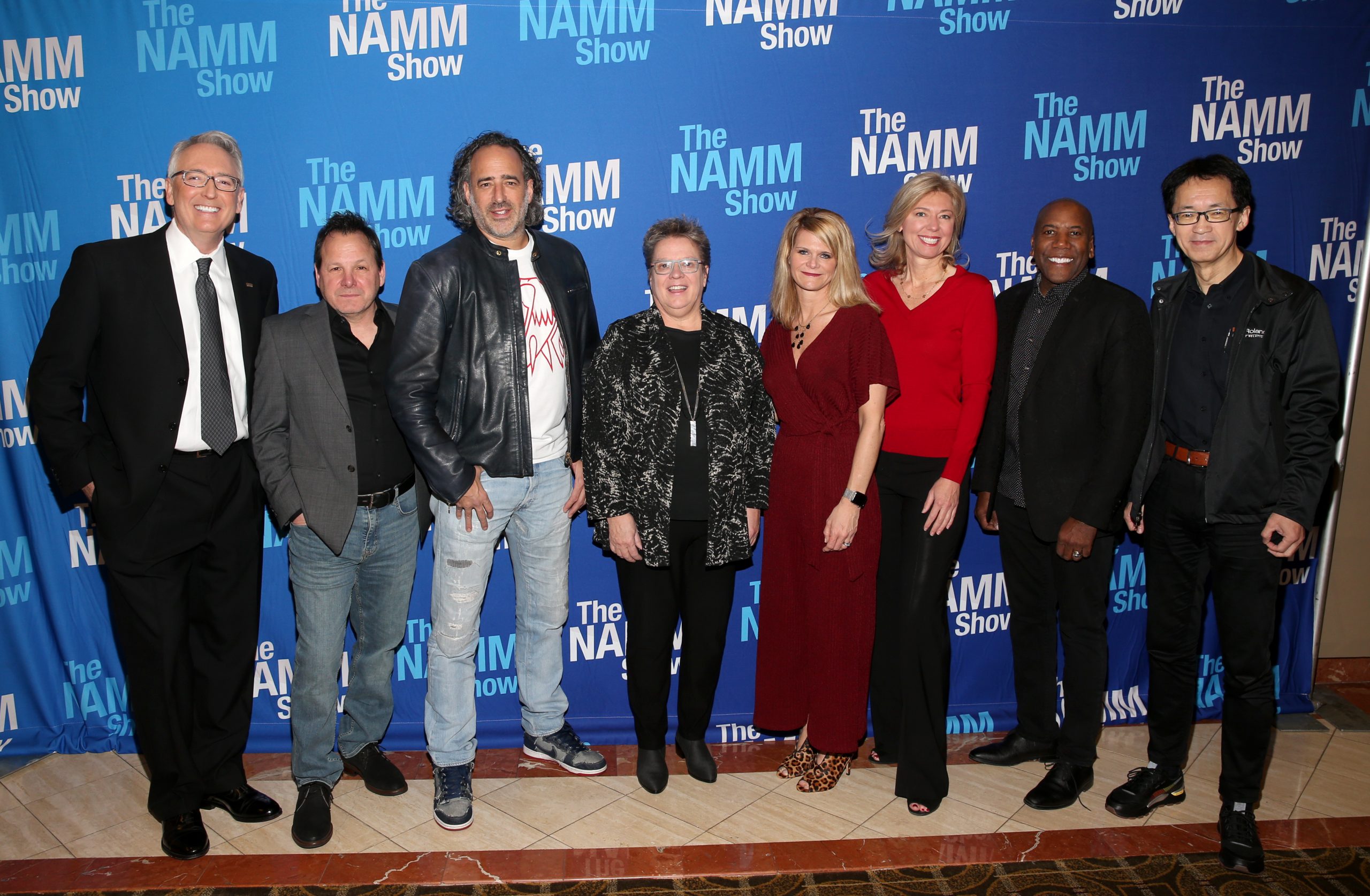
The 2019 NAMM Show Breakfast Session lineup was packed with industry thought leaders, and legendary performers like Bob Weir (above left) wowed NAMM attendees with their musical talents.
Decade of Decadence
Once a new year starts, a lot of people think about a blank slate. An empty canvas, if you will. Although technically not a new decade, next month takes on a bigger meaning as we enter the 2020s. Whether we will enjoy a repeat of the “Roaring ‘20s” or not is anyone’s guess. Economically speaking, the 2010s started out poorly as the nation was still recovering from The Great Recession. But much improvement followed, with several years of economic prosperity. We asked Lamond, who was president and CEO of NAMM during the entire 2010s, summed it up this way.
“I think the headline would be music is more vibrant than ever,” answered Lamond. “There were thoughts [early in the 2010s] about how music changed technology and if anyone was still going to want to play music. I think we answered that. Live music is healthier than ever. There is more touring. There is more participation in live events. That has been a huge success story. People want to experience music together. In a world of infinitely connected devices, people still want to get out and experience events with like-minded people. There is a huge yearning to be together, and music is the perfect place for that.”
The 2010s have proven that music has prevailed, Lamond continued. “Also, dealers have been absolutely ingenious when it comes to sorting out the new ways people look for and purchase instruments. Whereas 10 years ago, you might have thought the end is near, a decade later, there is nothing but opportunity,” he said. “Is it difficult? Absolutely. But it probably wasn’t on anyone’s radar then that G-Brat’s Guitars could do $2 million in sales online out of their bedroom. It is now. The improvement in how much more efficient dealers have become is incredible as well.”
Looking ahead to the 2020s, NAMM’s president and CEO predicted the next decade will be as disruptive if not more disruptive than the 2010s have been. He stressed that the word “disruptive” does not necessarily have to be all negative. “Disruptive also means lots of opportunity,” asserted Lamond. “The next years in particular are ones you want to stay on the ball. It is a period when you have to stay really engaged in your business. You have to watch everything. You need to go to shows and conferences. After this [next couple of years], I think we will see unbelievable prosperity. But I think the next couple of years are going to be more disruptive, and we have to absolutely stay in the game at every level.”


